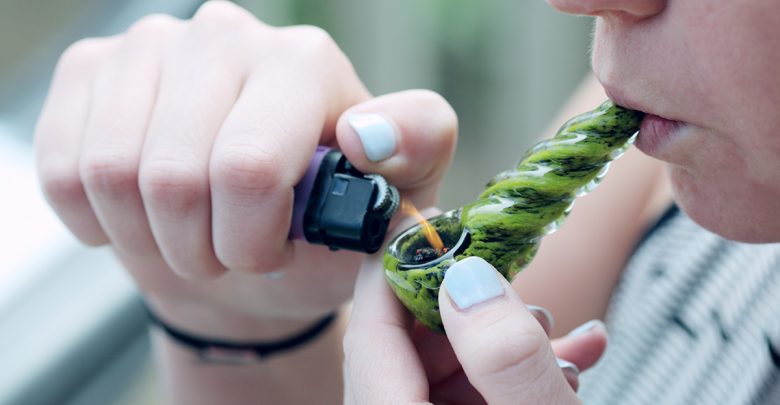 Photo by Sharon McCutcheon on Unsplash
Photo by Sharon McCutcheon on UnsplashCannabis legalization is still surrounded by a fat cloud of unknowns: nobody is sure how normalized cannabis use will become in Canadian society, how large the demand for recreational use will be, or what place cannabis use should have in public spaces.
The university is grappling with the same issues all institutions in Canada are facing. The Cannabis Working Group was created to guide the university’s cannabis policies, and their final report has been released. The results of the consultation, as well as 19 recommendations, will be used by university administration to draft policies that will move through the governance process to final approval.
Consultation was representative of the mixed opinions across society: responses ranged from ”Do not do this, please,” to “Lez blaze dat shit up.” With such conflicting feedback, the working group wisely delivered a compromise: allowing smoking in accessible designated areas, where those who are opposed can avoid it. The working group also recommended that limited university and student group events be allowed with cannabis after risk management procedures can be developed, a fair decision considering the comprehensive safety measures the university has in place for events with alcohol.
A majority of these recommendations are logical and fair. Workplace and student impairment policies will be updated as needed, to avoid dangerous situations in labs and with machinery. UAPS officers will be given discretion in how to respond to cannabis use issues, hopefully avoiding an excess of disciplinary cases as everyone learns the new rules. Best practices and advice for cannabis research should be shared among researchers, creating new research opportunities.
The only nonsensical recommendation is that sponsorship, advertising, and sale of cannabis products on campus should be banned as part of a public health strategy. It’s hypocritical to ban cannabis business activities when alcohol is allowed to be promoted and sold on campus despite its well-documented harms. The working group seems more concerned with institutional reputation and potential donor push-back than any specific evidence about harms. It also kills a potential new source of revenue for the Students’ Union. I would expect this policy to be lifted as cannabis retailing becomes commonplace.
The most contentious policy will likely be the incoming Clean Air Strategy. General Faculties Council directed administration to create a policy in March 2018, in response to complaints from faculty and students that rampant tobacco smoke and vape vapor is negatively affecting health and the learning environment. The working group was asked to consider this motion, but they just recommended a new clean air working group be struck this fall.
Currently, the university, with no restrictions on smoking aside from city bylaws, has some of the loosest restrictions on smoking among post-secondary institutions. NAIT is now entirely smoke-free, while MacEwan has banned smoking outside of designated areas. Complaints from those with health issues aggravated by smoke are valid. It’s not fair that a person with asthma should need to face the smoke walking between classes, but smokers will likely push back. Expect a more restrictive smoking policy to begin making its way through the governance process over the coming year.
Overall, the Cannabis Working Group delivered a comprehensive report that balances the diverse needs of the campus community. Thankfully, it holds to the principle that “members of the university community are adults who will make their own choices,” rather than attempting to intervene in the lifestyle choices of students and staff. Future consultation should aspire to the level of transparency and accessibility the cannabis group delivered, with numerous in-person and online opportunities to participate.
The report advises against “overcommitting to particular policies.” After the smoke of the legalization panic clears, I expect policies around alcohol and smoking to align with the cultural acceptance of cannabis.




